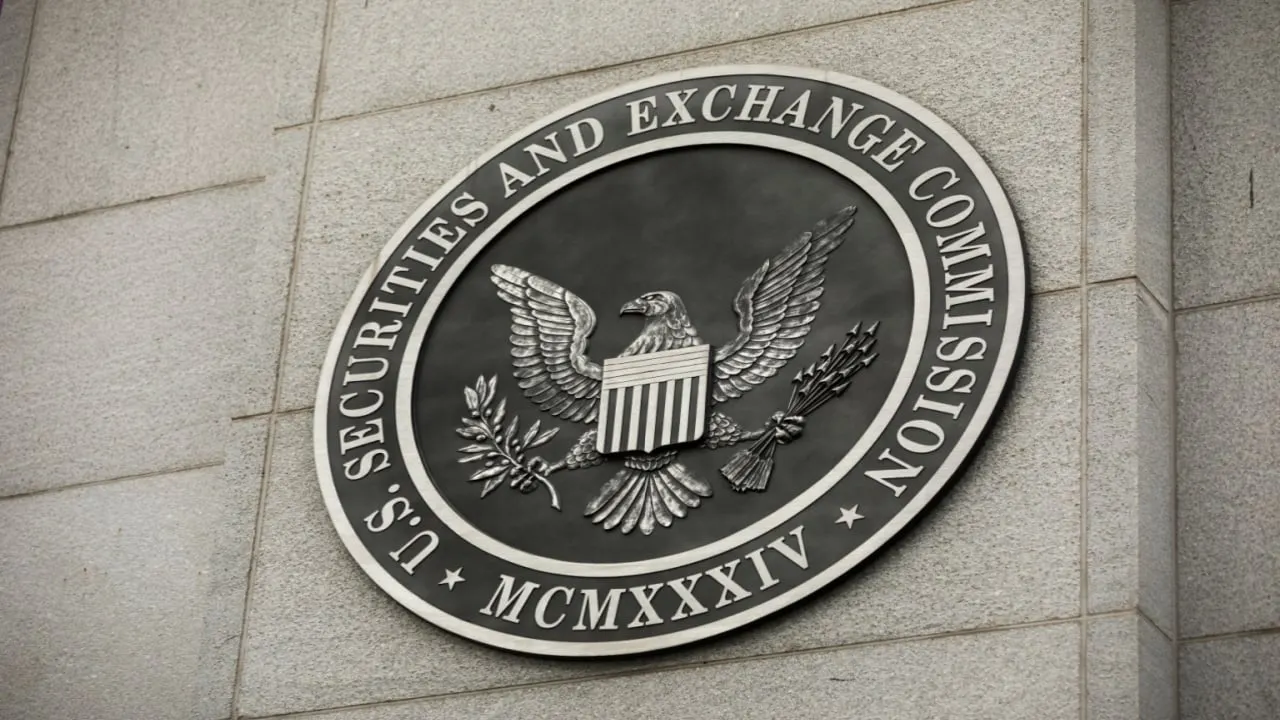The SEC warned accounting firms working as crypto “auditors” to be careful how their reports are marketed, lest they be censured or suspended.
Paul Munter, the SEC's principal advisor on accounting and auditing matters, wrote in a statement on Thursday that crypto companies have marketed their relationship with accounting firms as auditors, despite their work not strictly fitting this definition.
Munter points to the Public Company Account Oversight Board (PCAOB) publicly stating that "proof of reserve reports are inherently limited" and that "customers should exercise extreme caution when relying on them to conclude that there are sufficient assets to meet customer liabilities."
It appears that the SEC is cracking down on crypto companies claiming that "proof of reserve" reports are financial statement audits.
"As accounting firms increasingly engage in this sort of non-audit work, their clients’ marketing and terminology risks misleadingly suggesting that these alternative, non-audit arrangements are at parity with, or even more “precise” than, a financial statement audit." Munter wrote in his statement, "Such suggestions are false. Non-audit arrangements are neither as rigorous nor as comprehensive as a financial statement audit, and may not provide any reasonable assurance to investors."
In the case that an accounting firm carries out this type of report but notices the crypto company calling it a financial audit, Munter says that the firm should take action.
"The accounting firm should consider making a noisy withdrawal, disassociating itself from the client, including by way of its own public statements, or, if that is not sufficient, informing the Commission,” Munter wrote.
Accounting firms and crypto
In December 2022, Binance, KuCoin, and Crypto.com were all dropped by international auditing firm Mazars Group. The firm stopped crypto-related services due to "indications that markets haven't been reassured by the “proof of reserves” reports it had published so far," as well as concern about "intense media scrutiny", according to Bloomberg.
This came only a month after FTX's collapse which raised concerns of insolvency in the industry.
Decrypt reached out to crypto exchanges Kraken, Nexo, BitMEX, Crypto.com, Binance US, and ByBit, but did not immediately receive a reply from any of them. Accounting firms KPMG, Ernst & Young, and Mazars did not immediately respond to a request for comment. Pricewaterhousecoopers told Decrypt it was declining to comment on the SEC guidance.
Armanino—another accounting firm—allegedly failed to notice "irregularities that led to the FTX Group collapse" in the firm's 2021 audit. This possible misstep resulted in a class-action lawsuit issued late last year.
Since then, Armaino has stopped offering crypto audits, leaving clients Kraken, Nexo, and CoinShares with no independent auditor. This caused members of the firm to leave, starting The Network Firm—a crypto-native accounting firm.
The collapse of FTX mounted pressure for an industry-wide move towards proof of reserves and financial audits.
However, a Bloomberg study found in May 2023 that only 31 of the top 60 crypto companies have undergone a full financial audit or proof of reserves attestation from an independent auditor.
Interestingly, top companies—such as Binance and Bitfinex—explained that the lack of audits were a result of the unwillingness of major firms.
Now, only two months later, the SEC has issued a warning to accounting firms providing auditing services.

